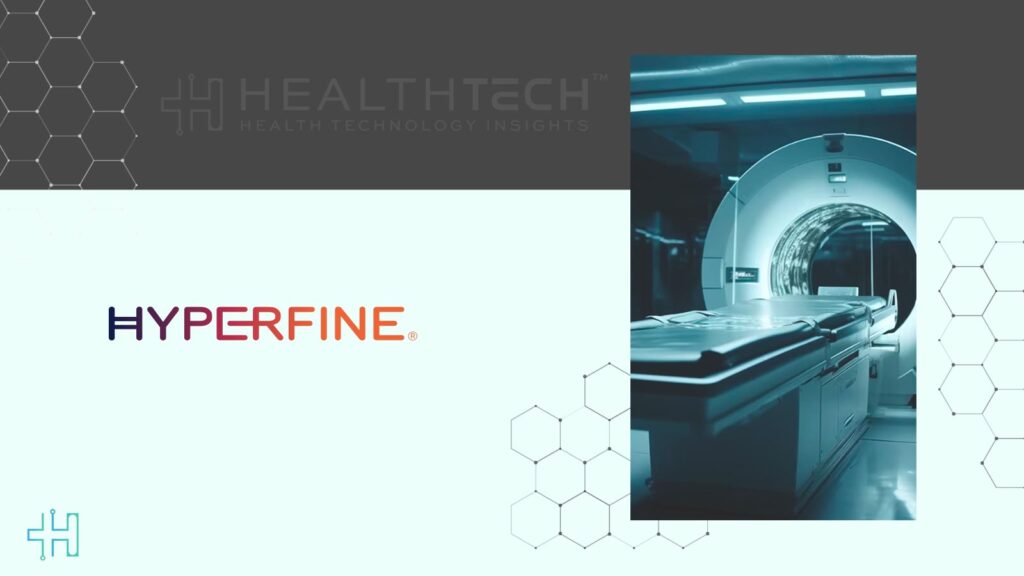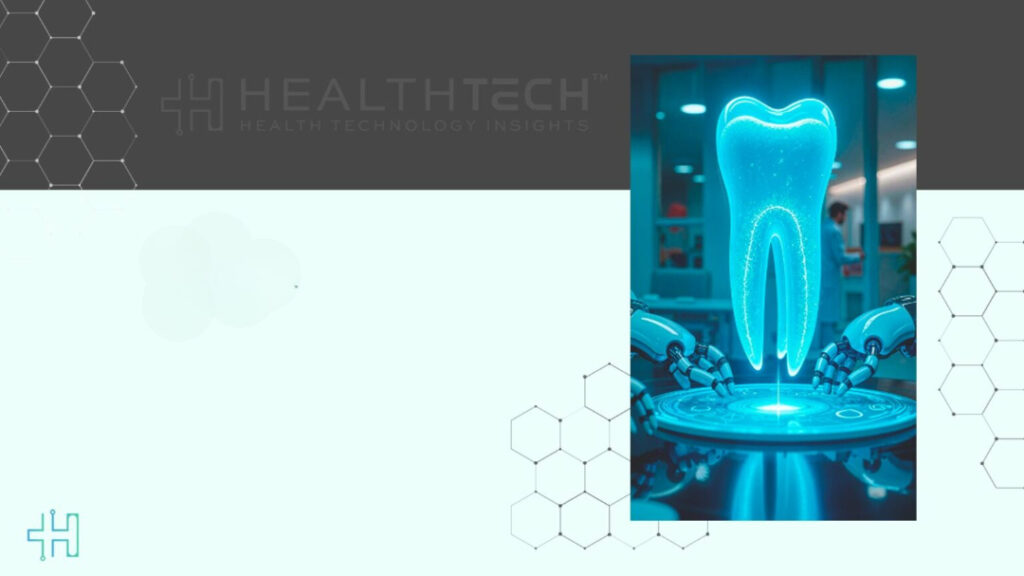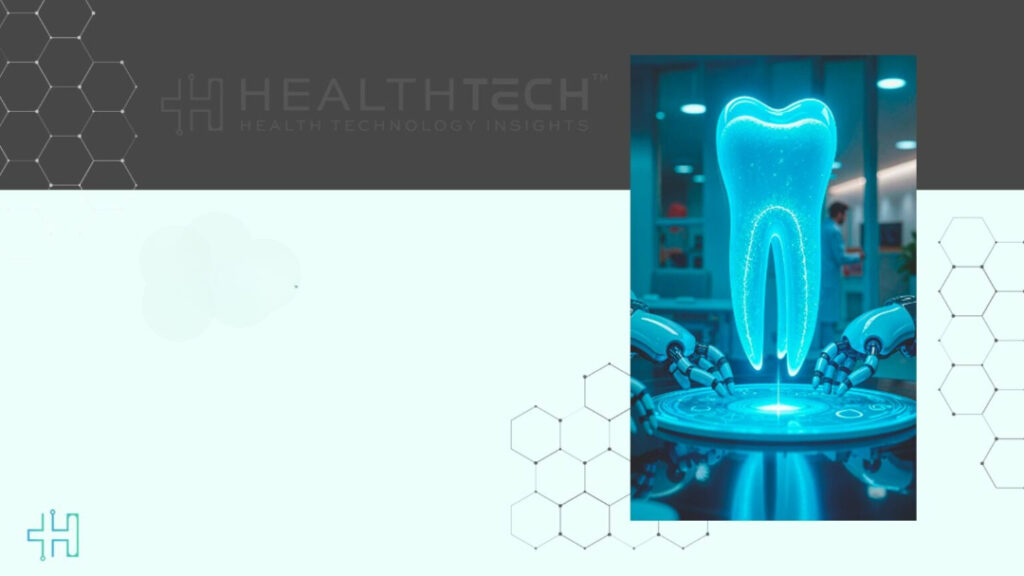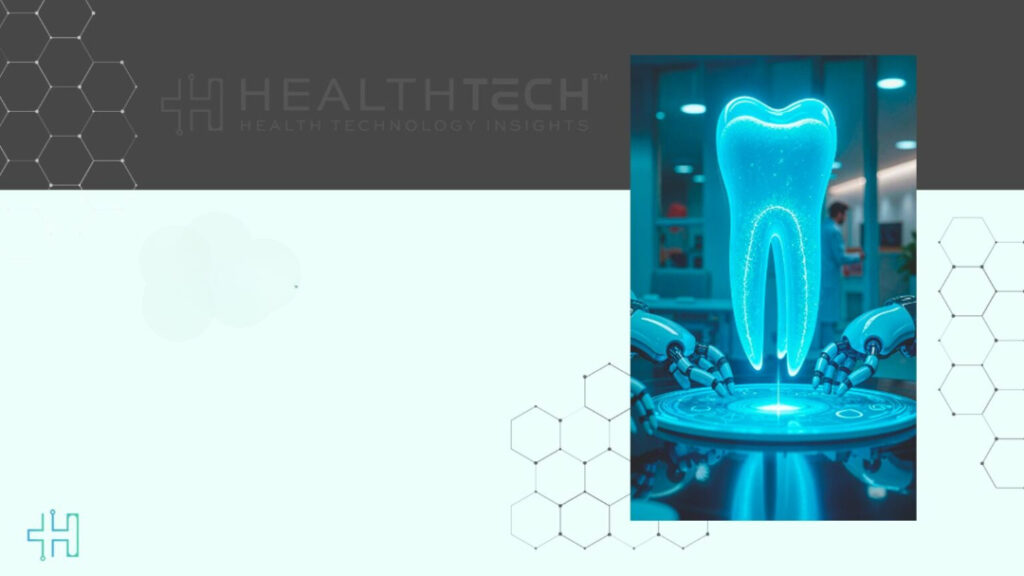Hyperfine, Inc., a medical technology company that developed the first FDA-cleared portable MRI system powered by artificial intelligence, has announced new developments that highlight the growing impact of its Swoop system in dementia care. These updates include a new clinical study currently in progress and upcoming research presentations at a major global Alzheimer’s conference. The company’s latest work further supports the use of its mobile MRI solution to make brain imaging more accessible for patients and healthcare providers.
Health Technology Insights: AI-Powered PhysicianWORK Platform Relaunches Under Founder Jeffrey Sisk
The Swoop system is gaining recognition for bringing MRI capabilities to clinics and outpatient settings that typically lack access to this technology. Traditional MRI machines are large, expensive, and limited to hospitals, which can delay diagnosis for many patients—especially those in rural or underserved areas. With over 57 million people globally living with dementia, most of them diagnosed with Alzheimer’s, the need for timely and accessible brain scans is urgent. Swoop offers a fast and simple way to perform brain imaging at the point of care, reducing delays and expanding access to early diagnosis and monitoring.
One of the new projects involving the Swoop system is a study by the University of Kansas Alzheimer’s Disease Research Center. Known as the ACE-AD program, this study aims to speed up dementia diagnosis by combining in-office brain scans, cognitive testing, and blood work into a single nurse-led visit. The idea is to simplify what is often a lengthy and specialist-dependent process. Dr. Jeffrey Burns, who is leading the study, emphasized the need for accessible tools, saying, “The shortage of cognitive specialists limits our ability to meet growing demand for dementia care. Tools like the Swoop® system could enable scalable, timely diagnoses and earlier treatment, especially for patients in rural and underserved areas.”
Health Technology Insights: Cooler Heads Raises Series A to Advance Scalp Cooling Tech
In addition to this study, Hyperfine announced that researchers from the Benzinger Lab at Washington University School of Medicine in St. Louis will present new findings related to the Swoop® system at the 2025 Alzheimer’s Association International Conference. These presentations will include early data from the CARE PMR study, which explores the use of portable MRI to monitor for ARIA-E, a known side effect during Alzheimer’s treatment. Two poster sessions will showcase key results: one focused on detecting amyloid-related imaging abnormalities using portable MRI, and the other examining how software tools can measure white matter lesions—a common feature in brain disease—using low-field imaging technology.
Maria Sainz, CEO of Hyperfine, stated, “These studies show how the Swoop system is changing brain imaging by bringing MRI to serve patients and clinicians where it can make a big difference. Neurodegenerative diseases are a big problem for patients, families, and healthcare systems. The work being done by top doctors with the Swoop system in diagnosing dementia and monitoring Alzheimer’s treatments sets the stage for big growth for Hyperfine.” With continued innovation and strong research backing, Hyperfine is demonstrating how portable, AI-driven imaging tools can improve how brain conditions are diagnosed and managed—especially in settings that have historically lacked access to advanced medical imaging.
Health Technology Insights: Curi Advisory Grows Healthcare Consulting with New Director
To participate in our interviews, please write to our HealthTech Media Room at sudipto@intentamplify.com






